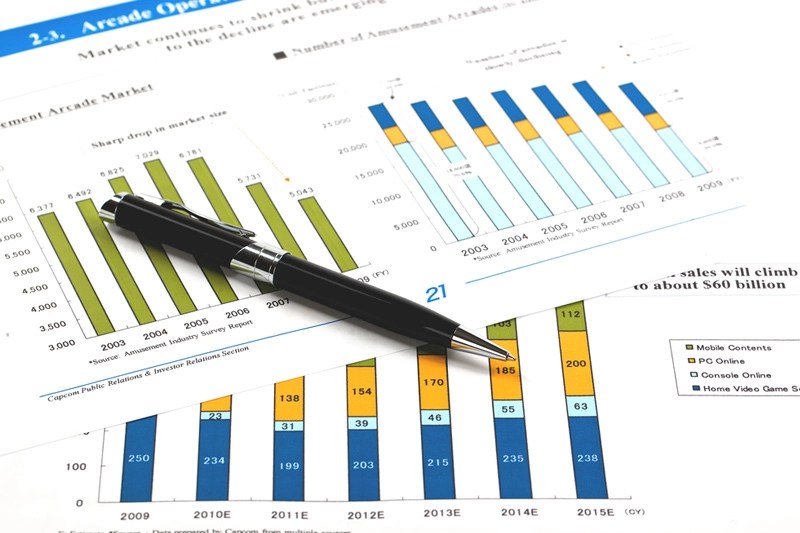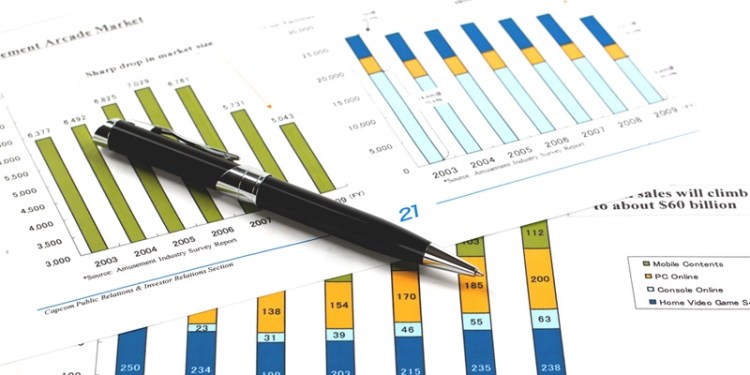
OTTAWA – Analysts are projecting a decrease in Canada’s inflation rate for October, anticipating a relief from the high costs that have burdened consumers in recent months. According to BMO and RBC, the inflation rate is expected to fall to 3.2% and 3.1% respectively, down from September’s 3.8%. This anticipated drop is mainly attributed to declining gasoline prices and a moderation in grocery price increases.
JPM has also weighed in with predictions, suggesting that the headline Consumer Price Index (CPI) will show a year-over-year growth of 3.0%, following a month-over-month decline of 0.3%. The core CPI, which excludes volatile items such as food and energy, is estimated to rise by 0.2% month-over-month, resulting in an annual rate of 3.0%.
These forecasts arrive ahead of the official CPI report release by Statistics Canada on Tuesday, which coincides with the federal government’s presentation of its economic statement. The Bank of Canada (BoC), having maintained its key interest rate at five percent during its last meetings, is expected to pause interest rate hikes in December and throughout the first half of the next year due to signs of easing inflation and weak economic performance indicators.
A significant contributing factor to the anticipated lower inflation is the projected 4.0% month-over-month drop in energy costs, driven by falling gasoline prices. Additionally, food prices are expected to continue their downward trajectory for the third consecutive month, with lessened pressures on fresh foods helping to dampen overall food inflation.
As the country awaits the official data from Statistics Canada, these forecasts suggest that Canadians might soon experience some financial reprieve after facing heightened inflationary pressures throughout the year.
This article was generated with the support of AI and reviewed by an editor. For more information see our T&C.
Source: Investing.com





























